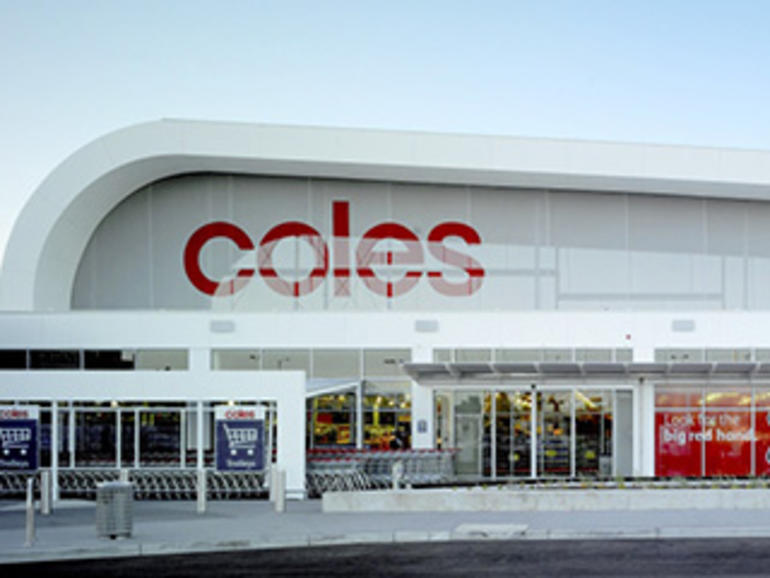Australian supermarket giant Coles has reported that as the company continued to benefit from its “smart selling” cost saving strategy and an increase in online sales, it saw an overall uplift in group net profit after tax (NPAT), sales revenue, and earnings before interest and tax (EBIT) for the 2021 financial half year.
For the period to January 3, NPAT jumped by 14.5% from AU$489 million to AU$560 million; sales revenue lifted from AU$18.8 billion to AU$20.4 billion, an 8.1% change; and EBIT surpassed the $1 billion mark after posting 12% growth.
The group’s overall online sales grew by 61%. Coles attributed the growth to the investments it made during the half year, specifically around introducing its 90-minute click and collect service. Within its supermarket business alone, total online sales grew 48% and contributed AU$1 billion to the company’s total sales revenue for the half.
“Customers responded positively to enhancements made to the user experience including the single-click check out and improved navigation … investments were also made in capacity to take advantage of the peaks in demand during the Victoria lockdown in the first quarter and over the Christmas period,” the company said.
“E-commerce continued to make a positive contribution to Supermarkets profit for the half with improved delivery rates per van due to better traffic conditions earlier in the half as a result of COVID-19 restrictions.”
Like its supermarket business, Coles’ liquor segment saw online sales grew by a whopping 90% year-on-year, which the company said was driven by the opening of three e-commerce “dark stores” in Victoria, Queensland, and Western Australia to “increase capacity, streamline order fulfilment, and improve speed of delivery for customers”.
Coles also reported it was on track to deliver cost savings in excess of AU$250 million in FY21, noting that during the half year it used artificial intelligence, for instance, to adjust markdowns in meat. It also used public view monitors and entry gates to reduce loss prevention.
The company added it also made technology upgrades and introduced the use of data in-store to reduce manual handling of cartons.
At the same time, Coles also worked in partnership with SAP to replace over 16 disparate systems with one people and payroll system.



